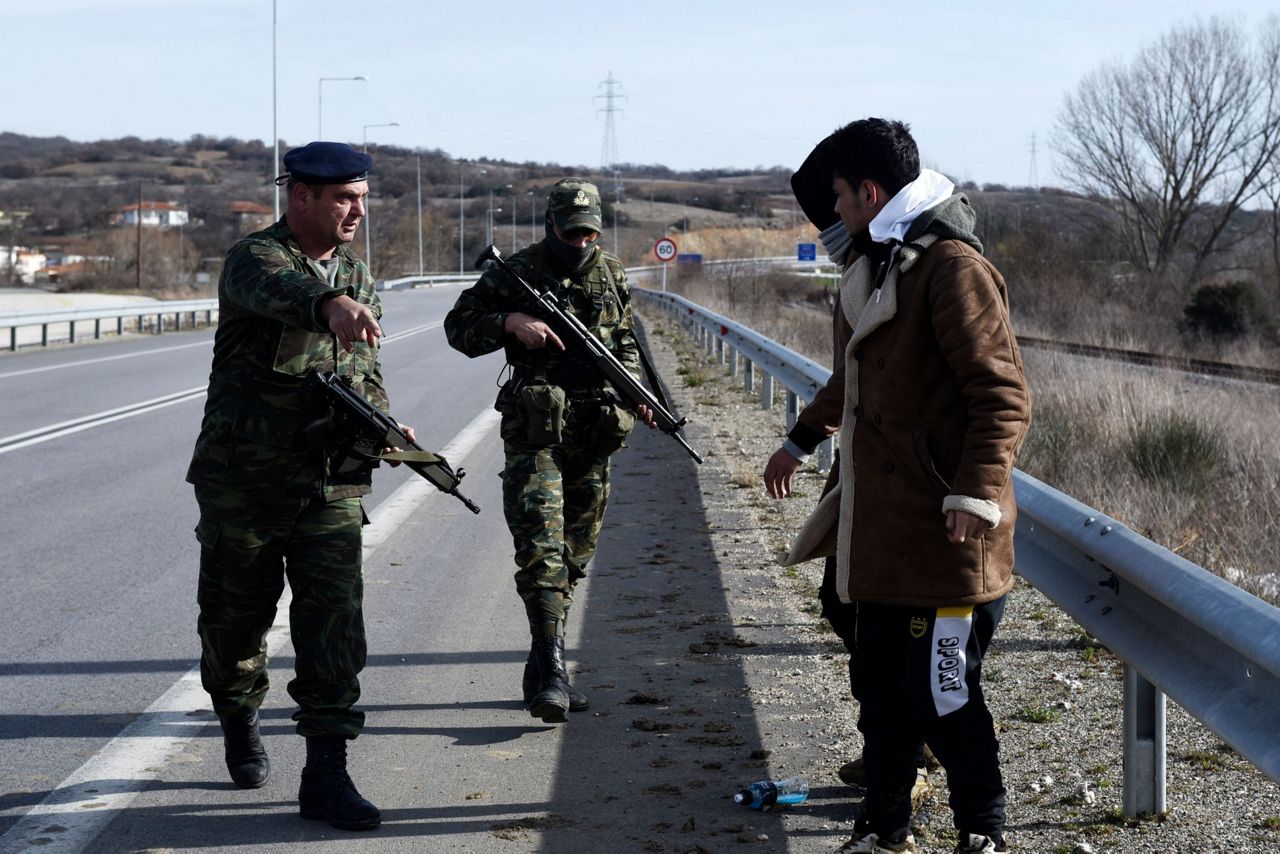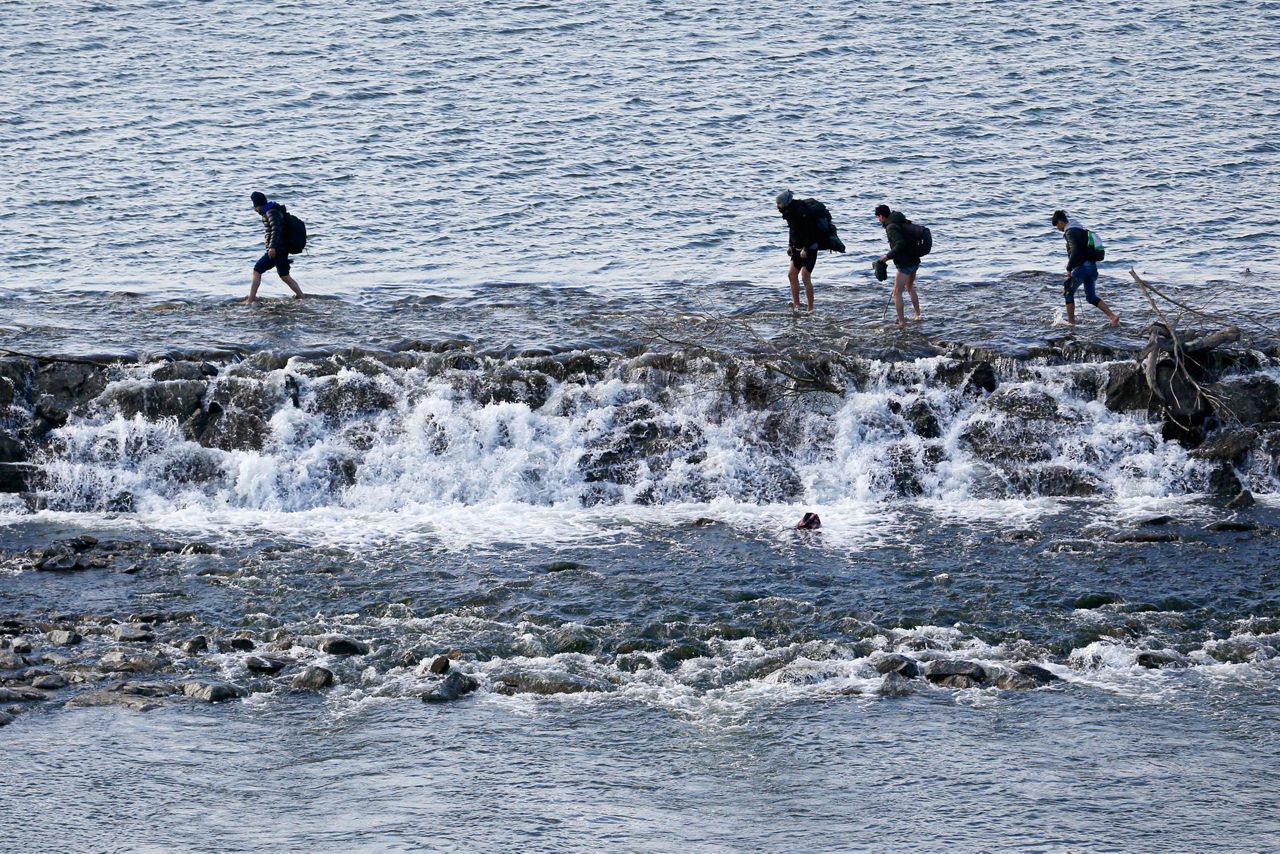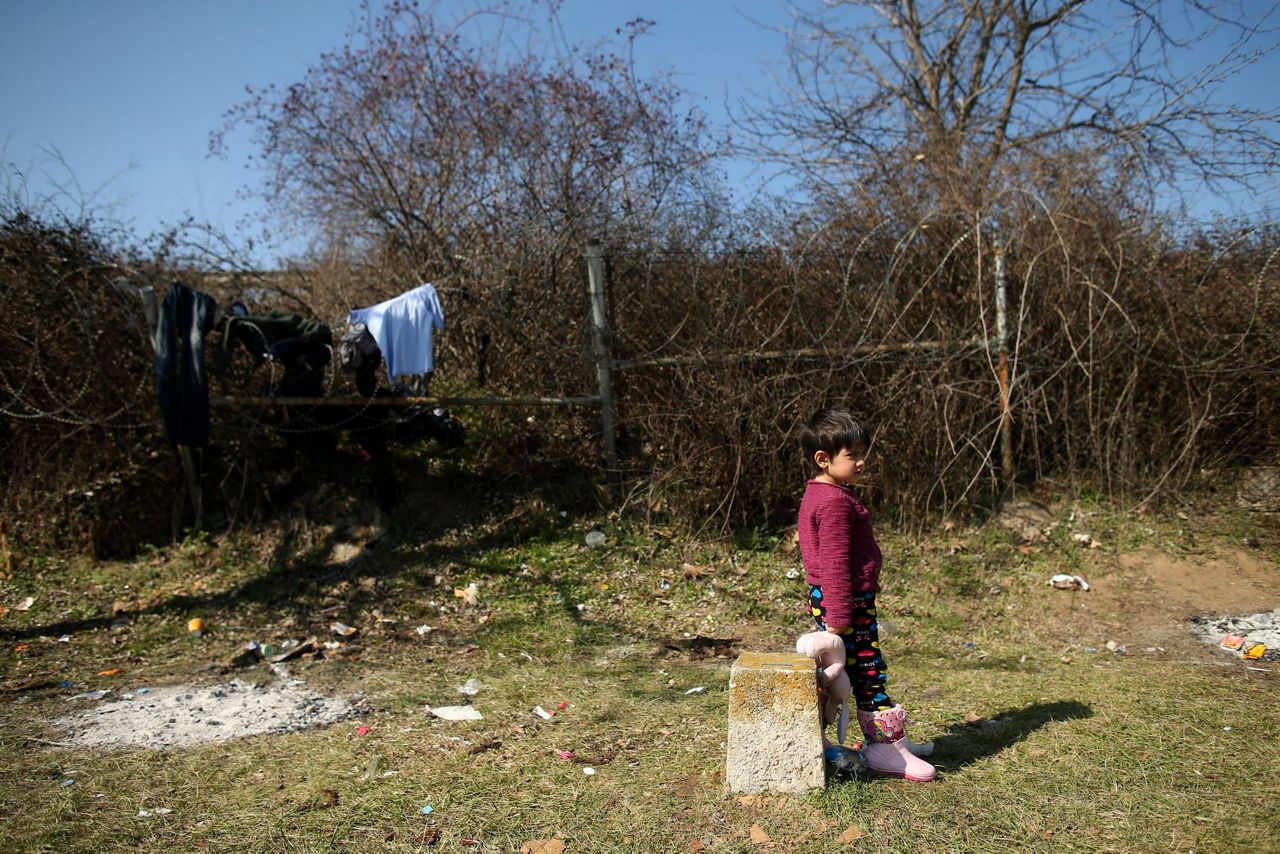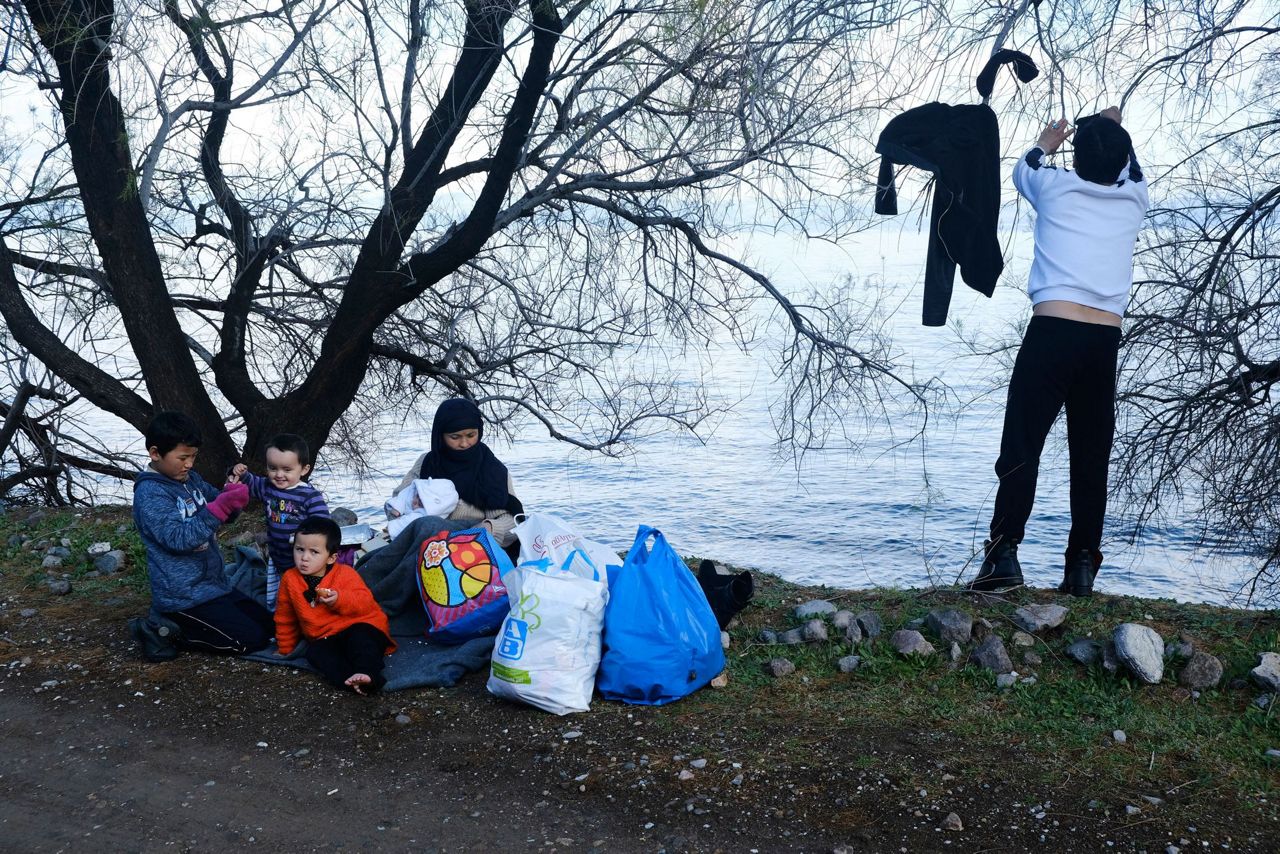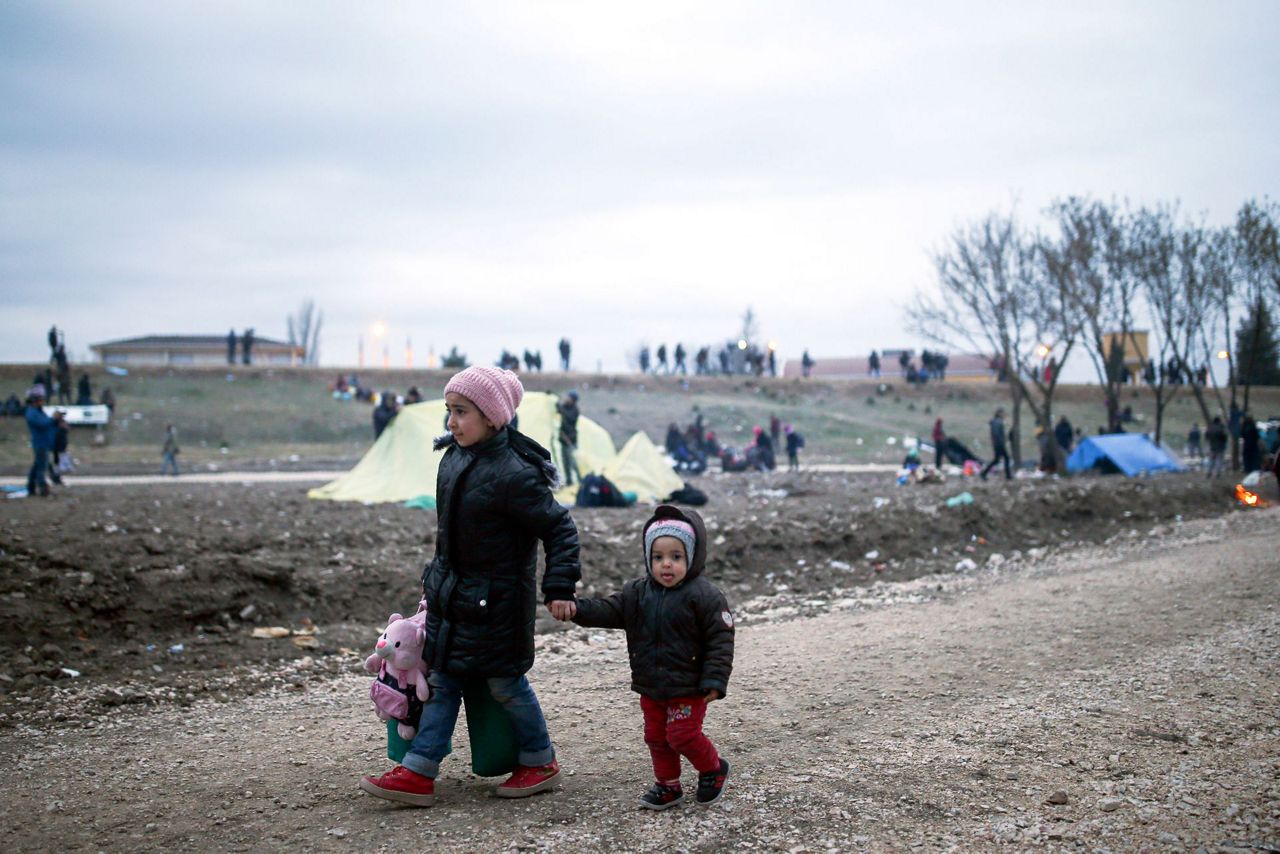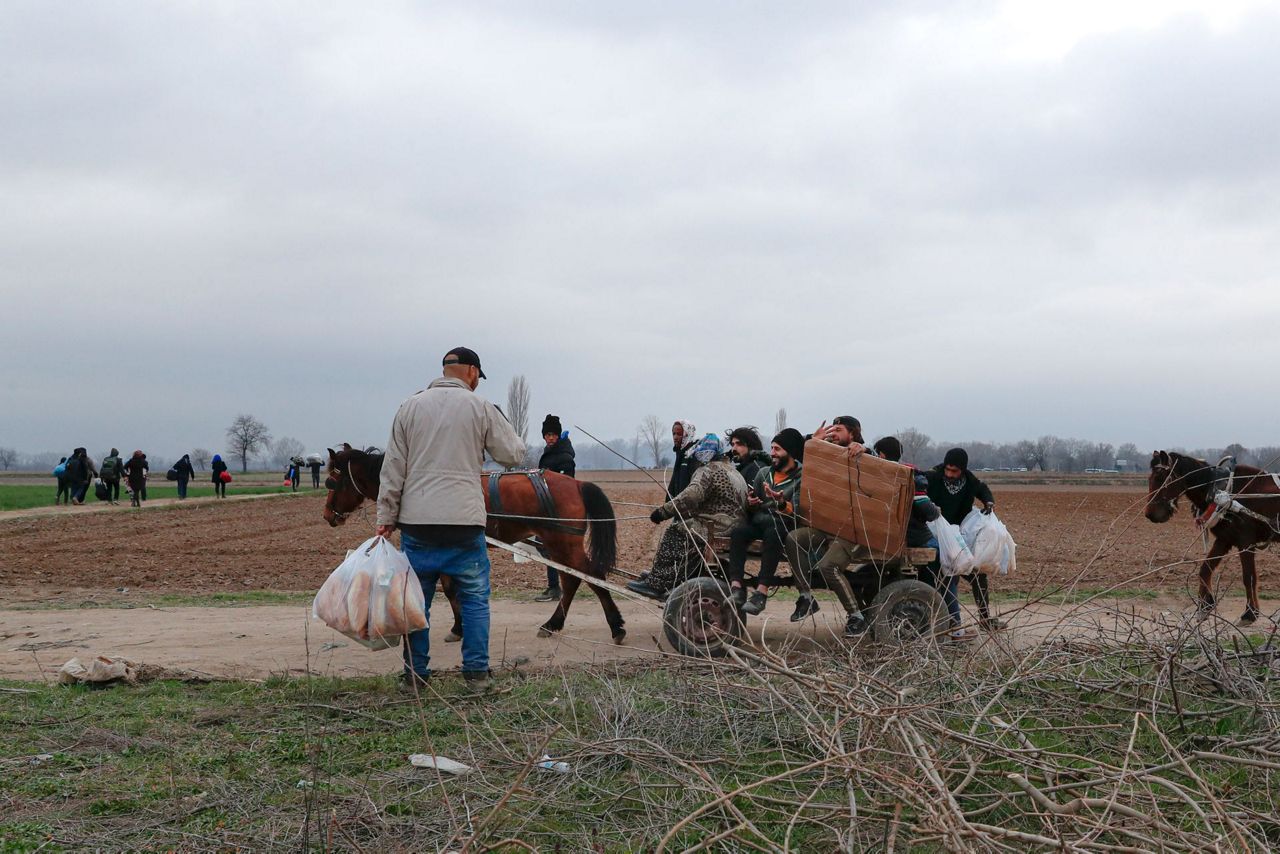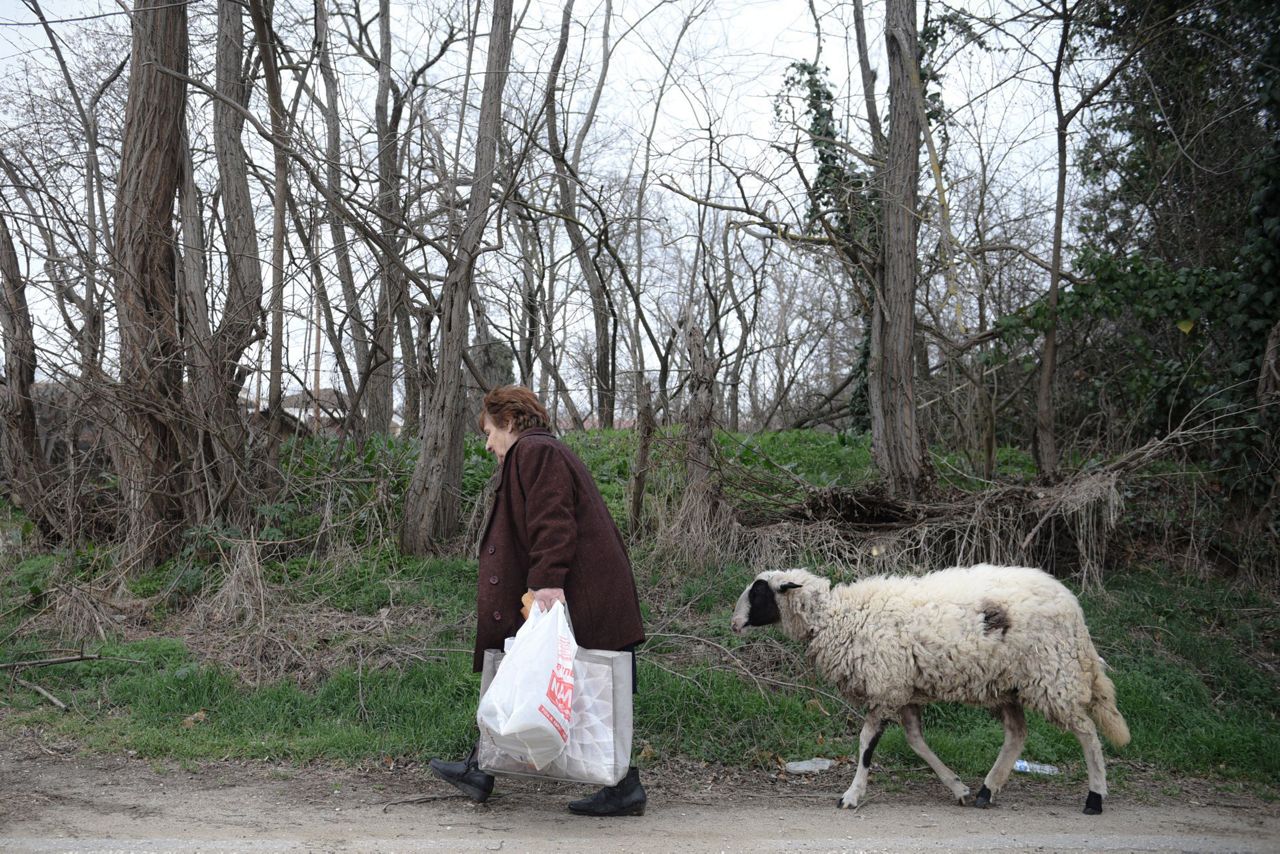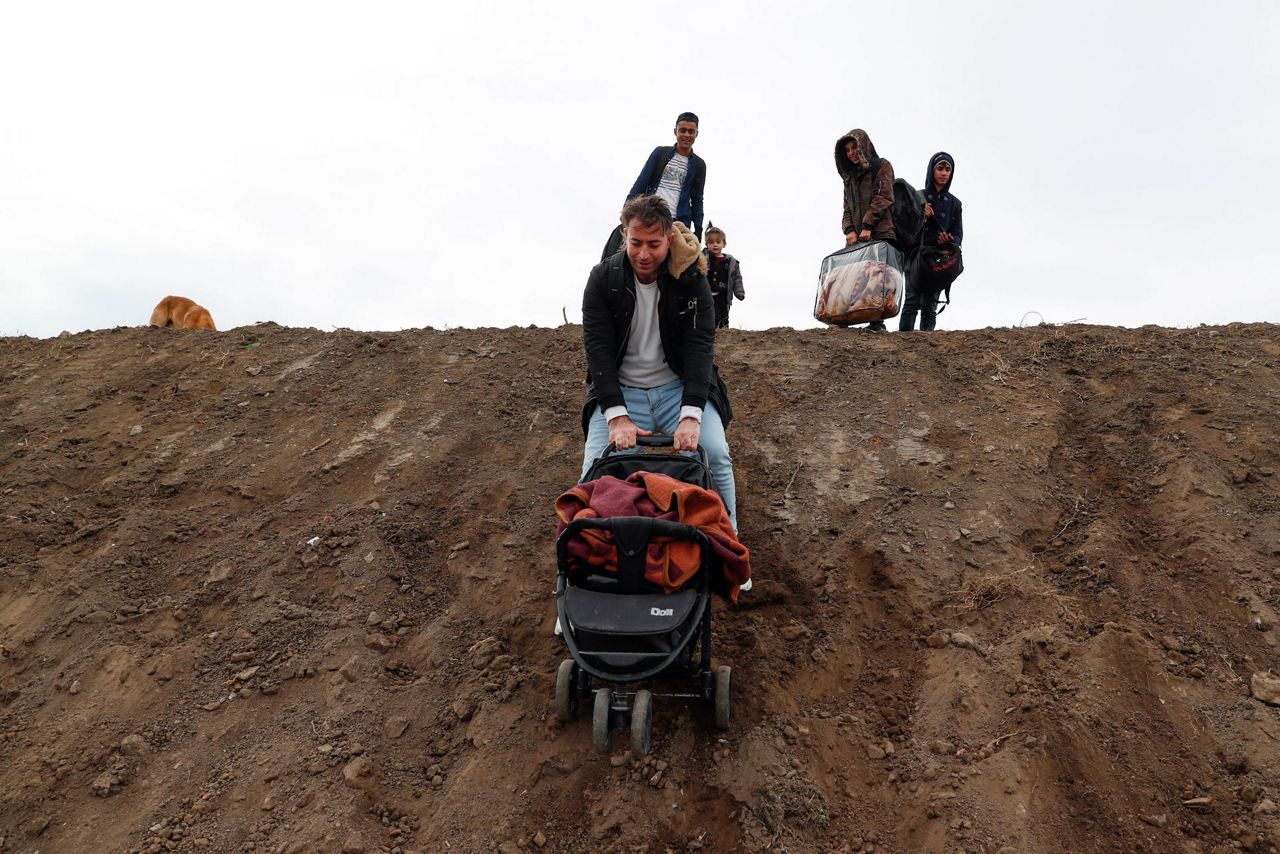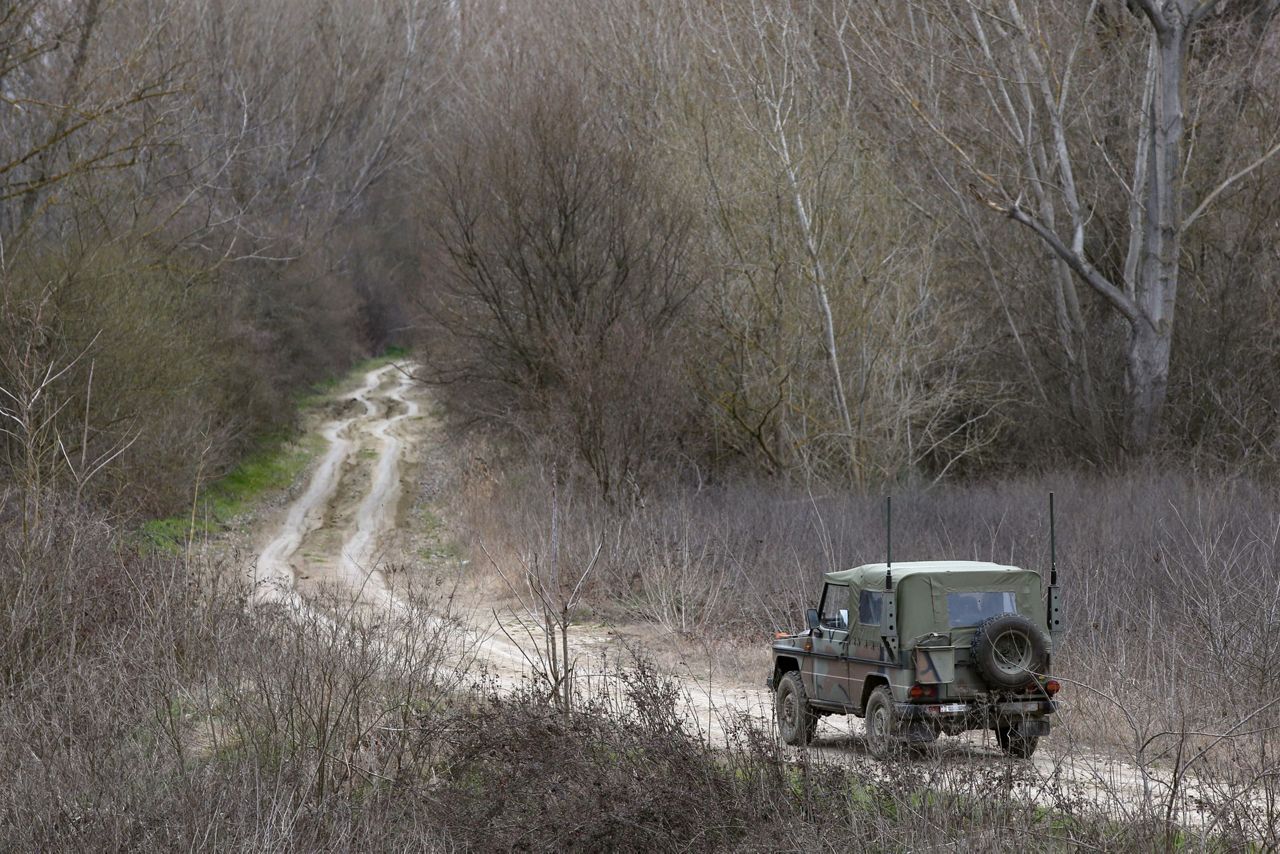AMORIO, Greece (AP) — Over the years, villagers who live near Greece's border with Turkey got used to seeing small groups of people enter their country illegally. The Greek residents often offered the just-arrived newcomers a bite to eat and directed them to the nearest police or railway station.
But the warm welcomes wore off. When Turkey started channeling thousands of people to Greece, insisting that its ancient regional rival and NATO ally receive them as refugees, the Greek government sealed the border and rushed police and military reinforcements to help hold back the flood.
Greeks in the border region rallied behind the expanding border force, collecting provisions and offering any possible contribution to what is seen as a national effort to stop a Turkish-spurred incursion.
In several cases, authorities asked villagers familiar with the local terrain to help locate migrants who managed to slip through holes cut in a border fence or to cross the River Evros — Meric in Turkish — that demarcates most of the 212-kilometer (132-mile) border.
“We were born here, we live here, we work here, we know the crossings better than anyone,” Panayiotis Ageladarakis, a community leader in Amorio, a village that lies some 300 meters (yards) from the river banks.
Other villages also responded to the call for volunteer trackers. Small groups of unarmed men monitor known crossing points after dark.
“We sit at the crossings, and they come," Ageladarakis told The Associated Press as he drove a pickup truck with a fellow Greek border village resident along a rough track at night. "We keep them there most of the time, call police and they come and arrest them. Then, it's a matter for the police. We aren't interested in where they take them. We just try to help this effort taking place by the army and the police.”
Help for the border units also came from Evros businesses and store owners. Nikos Georgiadis, head of the local restaurant owners' association, said his colleagues delivered food and water to units stationed at four points on the border.
“They also asked us for masks and gloves, and we'll try to find some,” he said.
Ageladarakis said all the migrants he encountered over the past few days were cooperative.
"These people are frightened. Nobody has caused any trouble," he said.
But the village community leader said that in his view, the people he encountered did not look like they were fleeing wars in their own countries.
“There's nobody coming from a war,” he said. “None of them are refugees. They're all illegal migrants and that's why they're trying to get into Europe (this way).”
Greek authorities said that out of a the 252 people arrested for illegal entry over the past week as of Friday, 64% were Afghans, 19% Pakistanis, 5% Turks and 4% Syrians, while the others were from Iraq, Iran, Morocco, Ethiopia, Bangladesh and Egypt.
___
Nicholas Paphitis contributed from Athens.
Copyright 2020 The Associated Press. All rights reserved. This material may not be published, broadcast, rewritten or redistributed without permission.



